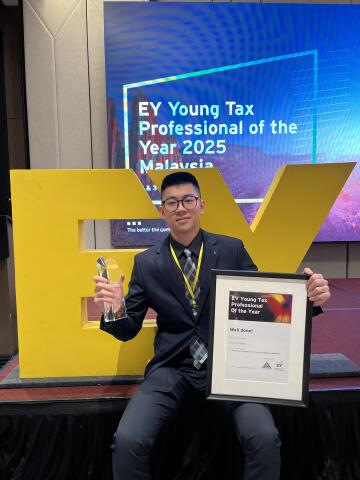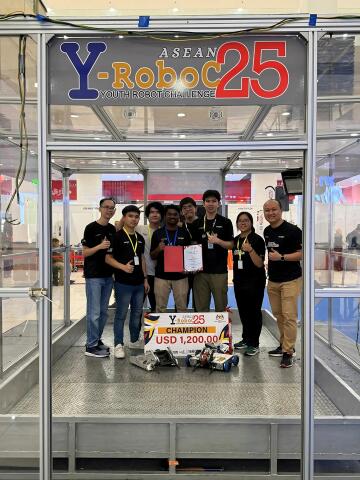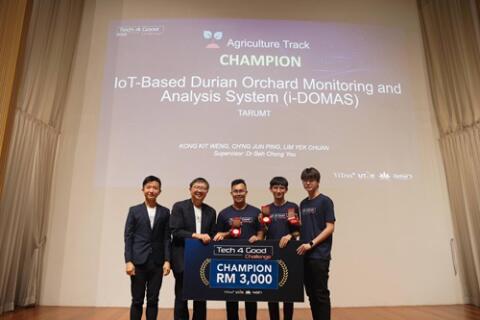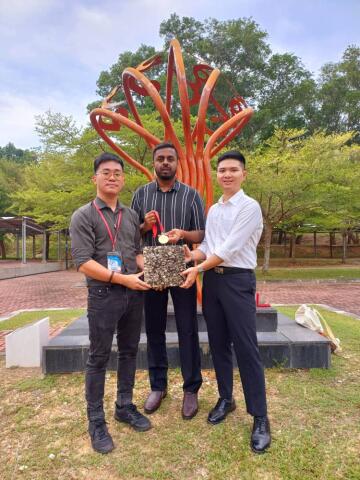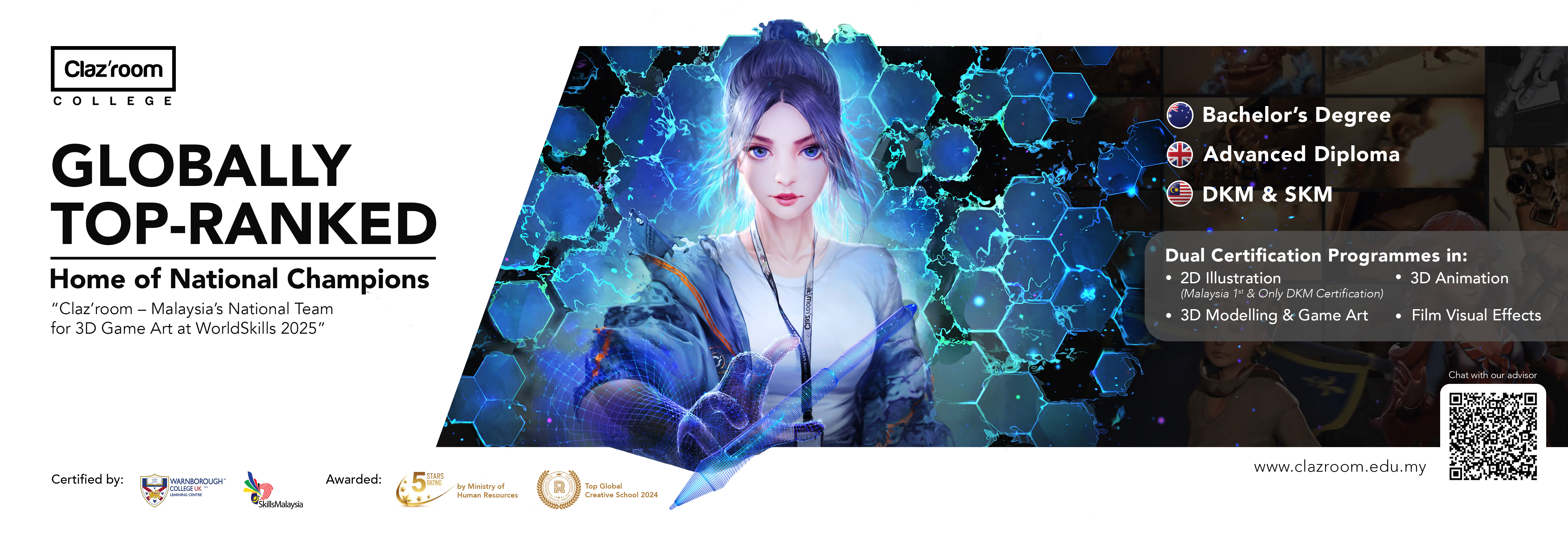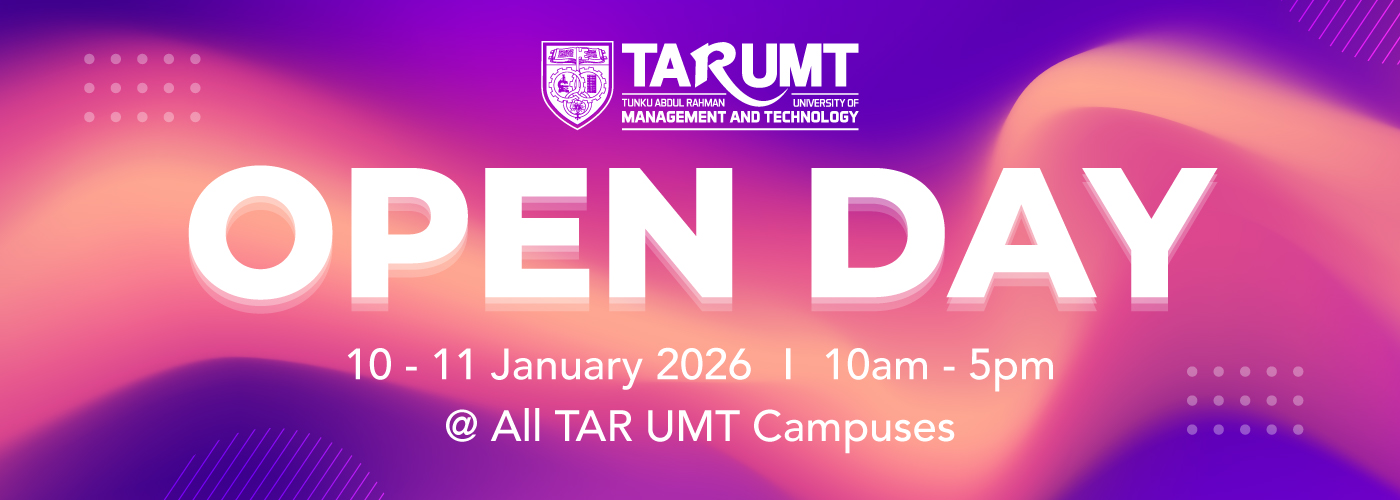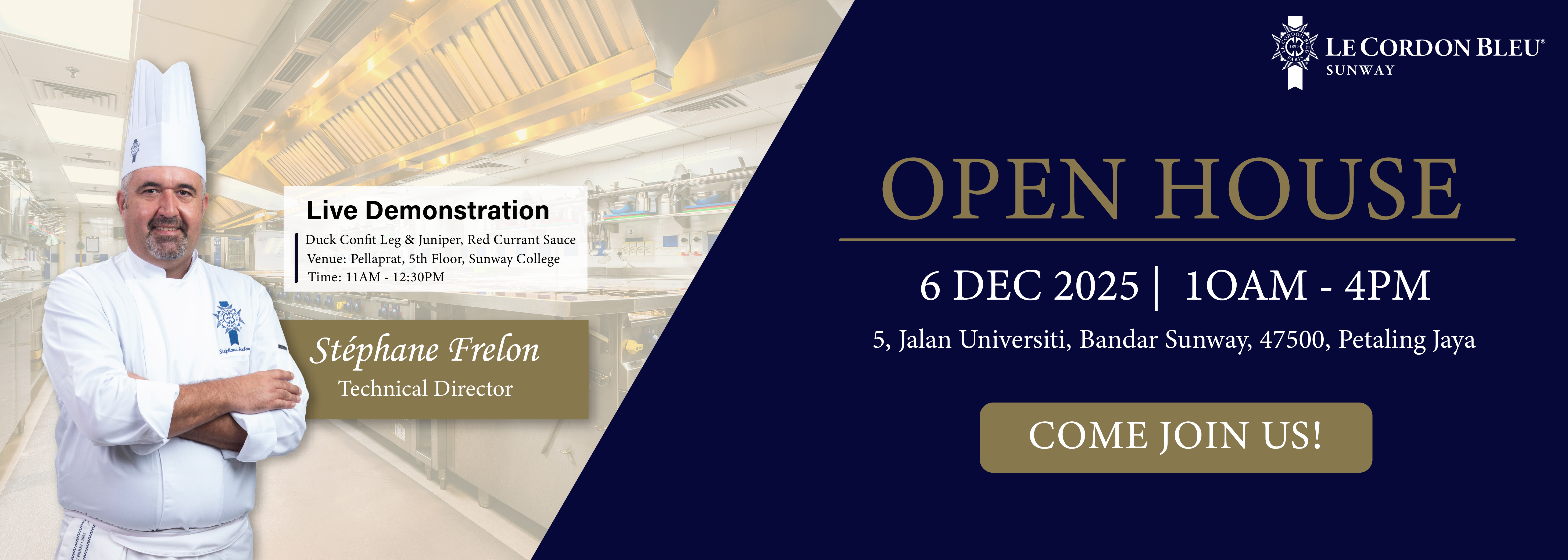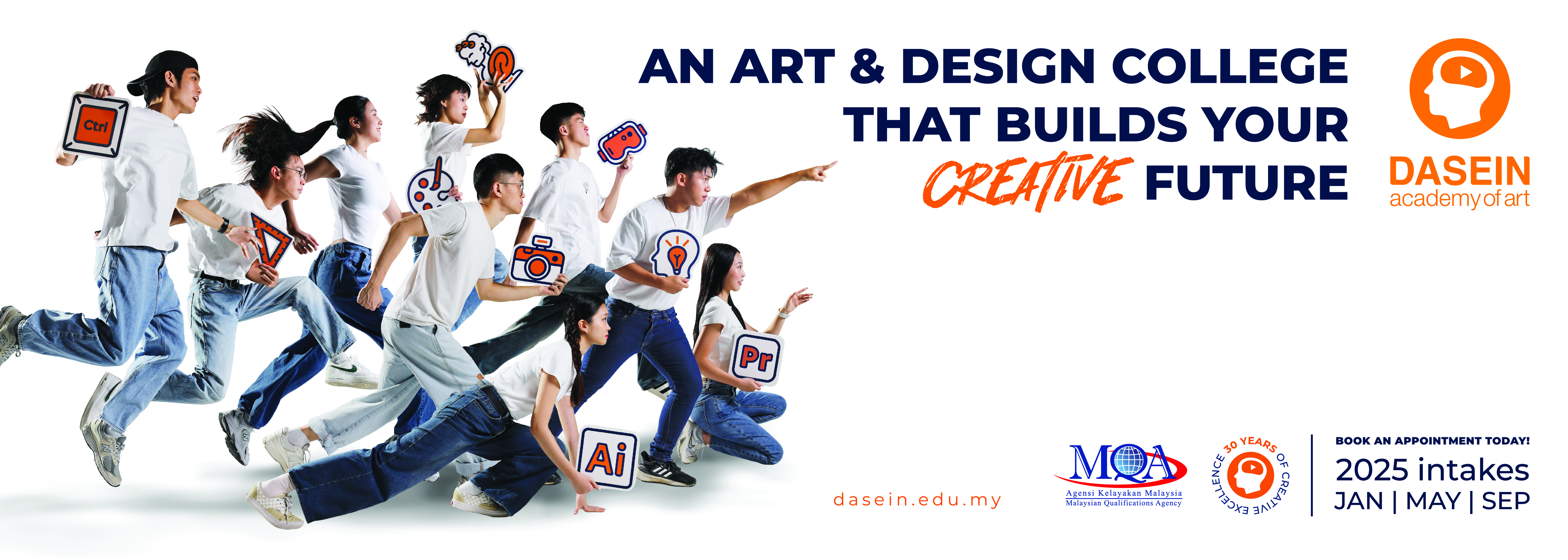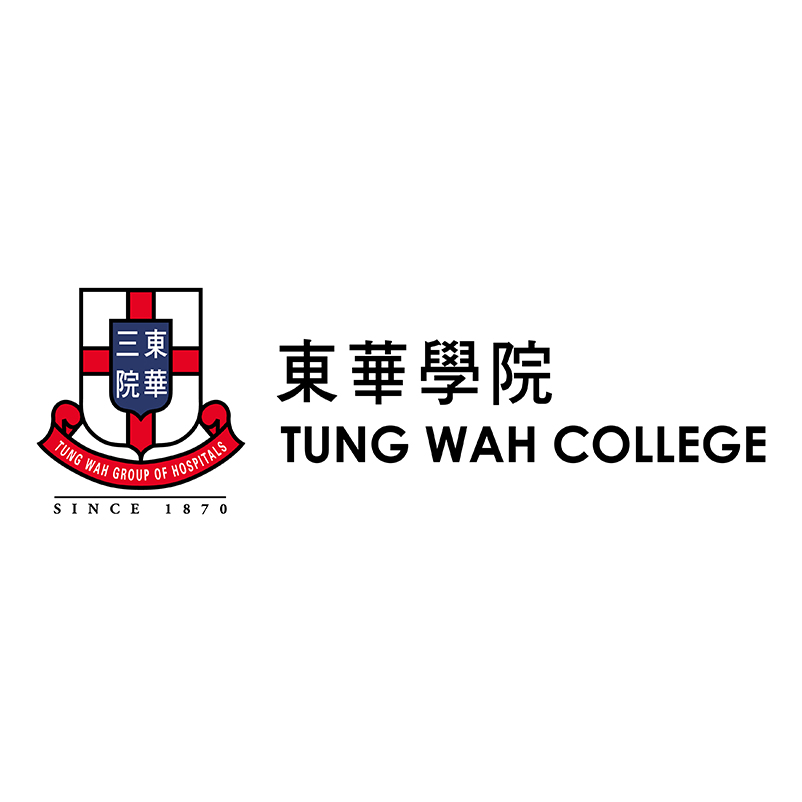ENGINEER YOUR WAY TO BECOMING HUMANITY’S HERO
Imagine a small island. On it lived a group of people who did not know how to leave the island, but yet they lived prosperously. They relied on a seemingly magical device for food, water and medicine, and this device was maintained by a group of elderly people.
The guardians of the machine tried to pass on their knowledge to the younger generation, so that the machine could keep working and feed the people, but only one young man agreed to learn. One by one, the guardians passed away, and the young man became the only one who knew how to maintain the machine. It became apparent to the islanders how much of a hero he was to their way of life, and he quickly rose in importance.
Although the island is fictional, its lesson is very real – engineering and technology are crucial to human growth and survival, and those who control them shape the fate of their people.
The Dean of the Faculty of Engineering (FOE) at Multimedia University (MMU), Professor Ir. Dr. Wong Hin Yong, notes the impact that engineering and technology have had over human civilization. “Humankind has been able to reach where it is right now by using engineering and technology. Engineers play the key role in designing and constructing highly complex engineering systems all the way down to the multimedia gadgets that serve our needs and make our life simple,” he says. “In a modern society, we are ever more dependent on engineering and technology.”
[caption id="attachment_2102" align="aligncenter" width="219"] Dean of Faculty Engineering (FOE) MMU, Professor Ir. Dr. Wong Hin Yong[/caption]
Dean of Faculty Engineering (FOE) MMU, Professor Ir. Dr. Wong Hin Yong[/caption]
It is very easy to comprehend what Prof. Wong is talking about. From the moment we wake up until we sleep, we rely heavily on engineering and technology such as intelligent systems deployed in the financial market, high-speed broadband networks that connect us together, sensor monitoring systems for natural hazards and smart electronic devices that we can no longer live without. These are made possible by a range of technologies covering semiconductor, electronics, electrical, communications, multimedia, etc.
The vehicles that whisk us to work in comfort and safety are also products of engineering. So are the roads, bridges and tunnels we use daily. Similarly, without engineering and technology, we would have no office buildings to work in, no air-conditioning to keep us cool, no elevators and escalators to ease our travel, and no computers and Internet to facilitate our work and increase our productivity. Technology allows us to live comfortably, and engineers are heroes of our times.
Sadly, the reality is that we do not have enough scientists and engineers in our country. Currently, Malaysia has only about 58 scientists for every 10,000 workers, and the government aims to have 70 for every 10,000 by 2020. In other words, there is a shortage of scientists and engineers in Malaysia.
What this means is that there are huge opportunities for suitably qualified students in these related sectors. For instance, consider the Economic Transformation Programme (ETP), a keystone in making Malaysia a high-income nation. Eight out of the twelve National Key Economic Areas (NKEAs) which drive the ETP have a direct need for technologists and engineers, and these areas involve more than half a million jobs by 2020. These jobs span the entire country, so engineering graduates would not have to limit their career options to certain geographic areas only.
Also, engineering as a career is a great start for fresh graduates, as it offers one of the highest starting salaries among the industries. As engineers get more experience, their remuneration will also grow by larger quantums. Salary reports published by employment agencies indicate that, depending on industry, engineers with at least ten years of experience could expect a salary range between RM12,000 and RM22,000 a month.
[caption id="attachment_2105" align="aligncenter" width="640"] MMU is one of the best places for students to pursue an engineering degree in Malaysia because in MMU, engineering students get a solid and thorough foundation in their respective fields.[/caption]
MMU is one of the best places for students to pursue an engineering degree in Malaysia because in MMU, engineering students get a solid and thorough foundation in their respective fields.[/caption]
“Something that might not have been sufficiently highlighted is that many engineers do very well in their career and are known to be CEO material and preferred choice of CEOs in successful organisations and conglomerates around the world” says Prof. Wong. This claim is supported by studies conducted by various research houses, notably that many CEOs of Fortune 500 companies have a degree in engineering. “I believe that this is attributed to the training that an engineer receives which enhances the ability to pay attention to detail, cultivates strong analytical skills, decision making based on facts and figures, complex problem solving skills and hence good risk management skills as well” says Prof. Wong.
Of course, these outstanding career prospects and financial rewards are just the icing on the cake. The real reward of going into engineering, is engineering itself, in developing solutions on how to improve everyday life.
“Although engineering comes across as a technical field, it is actually a highly creative one,” says Prof. Wong. “While people normally only associate creativity with the arts, in truth creativity plays a huge role in engineering. There are often many engineering problems which we cannot be solved directly, so we have to find new and innovative ways of overcoming the obstacles. When you manage to do so, it feels extremely satisfying.”
MMU is one of the best places for students to pursue an engineering degree in Malaysia. Prof. Wong notes that in MMU, engineering students get a solid and thorough foundation in their respective fields. Their lecturers also devote no small amount of time in teaching students on applying theories onto real-life situations. As proof of the effectiveness of this approach, over the years, MMU’s engineering students have emerged champions in numerous competitions, not just in Malaysia, but also abroad.
Furthermore, MMU structures its courses so that its engineering students will have solid entrepreneurial foundations, as well as soft skills such as communications and leadership.
“Currently, the buzz words among institutions of higher learning are ‘soft skills’ and ‘entrepreneurship’,” says Prof. Wong. “At MMU, we have incorporated these skills into our syllabus from the very beginning, seventeen years ago. Now, MMU’s engineering graduates have the highest employability rate in the university, about 97 per cent. In fact, many of our final year students are offered jobs before they even sit for their final exams.”
Advices
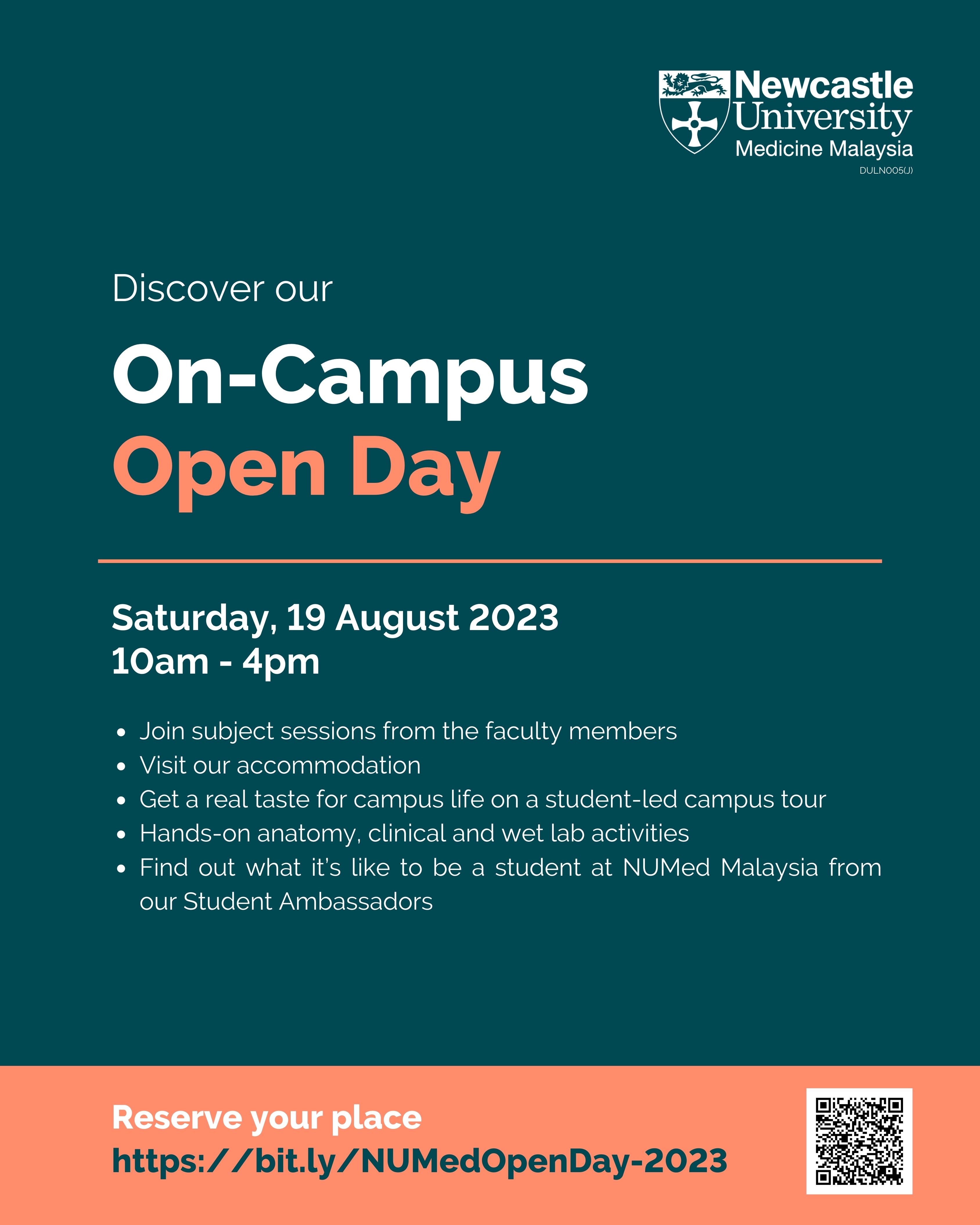
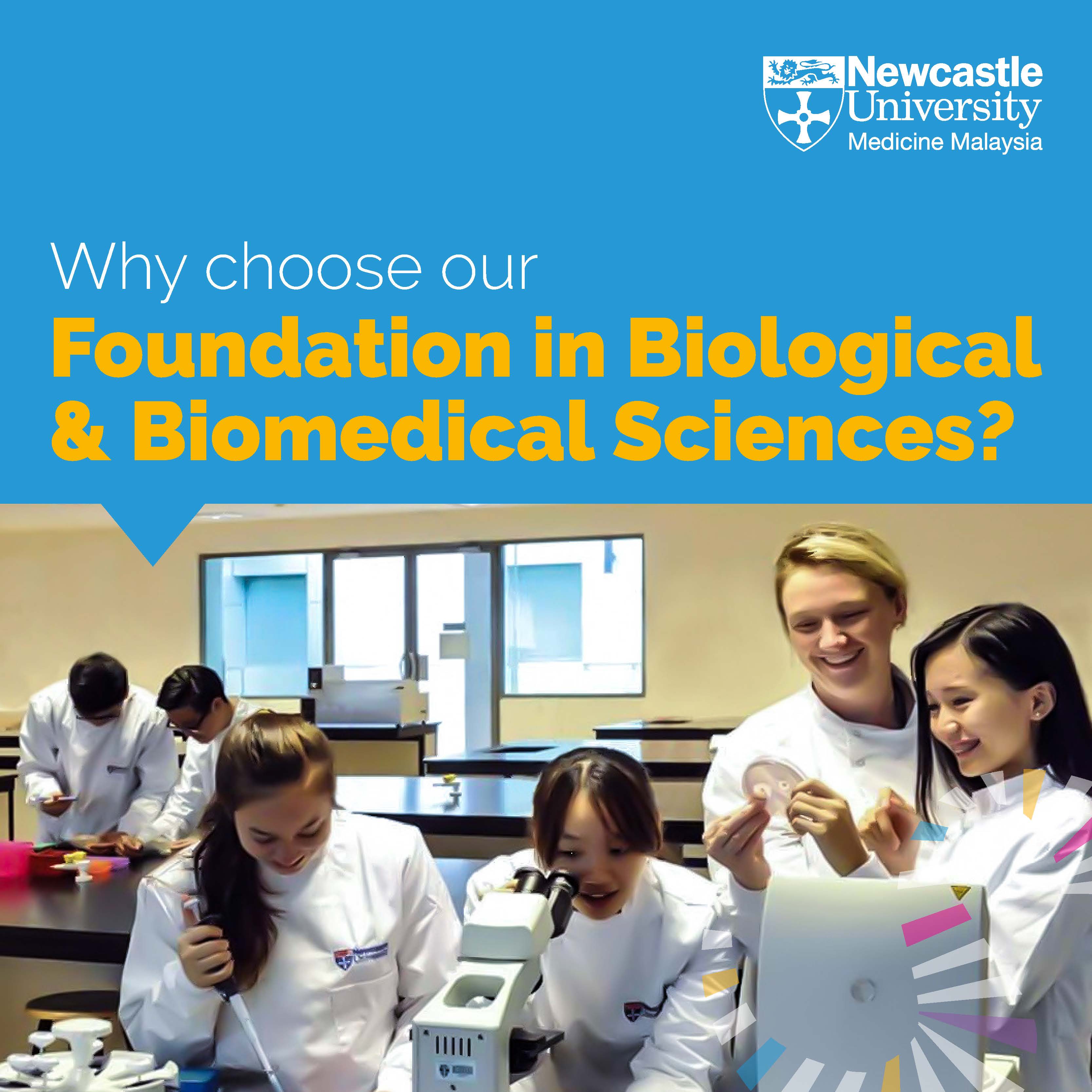
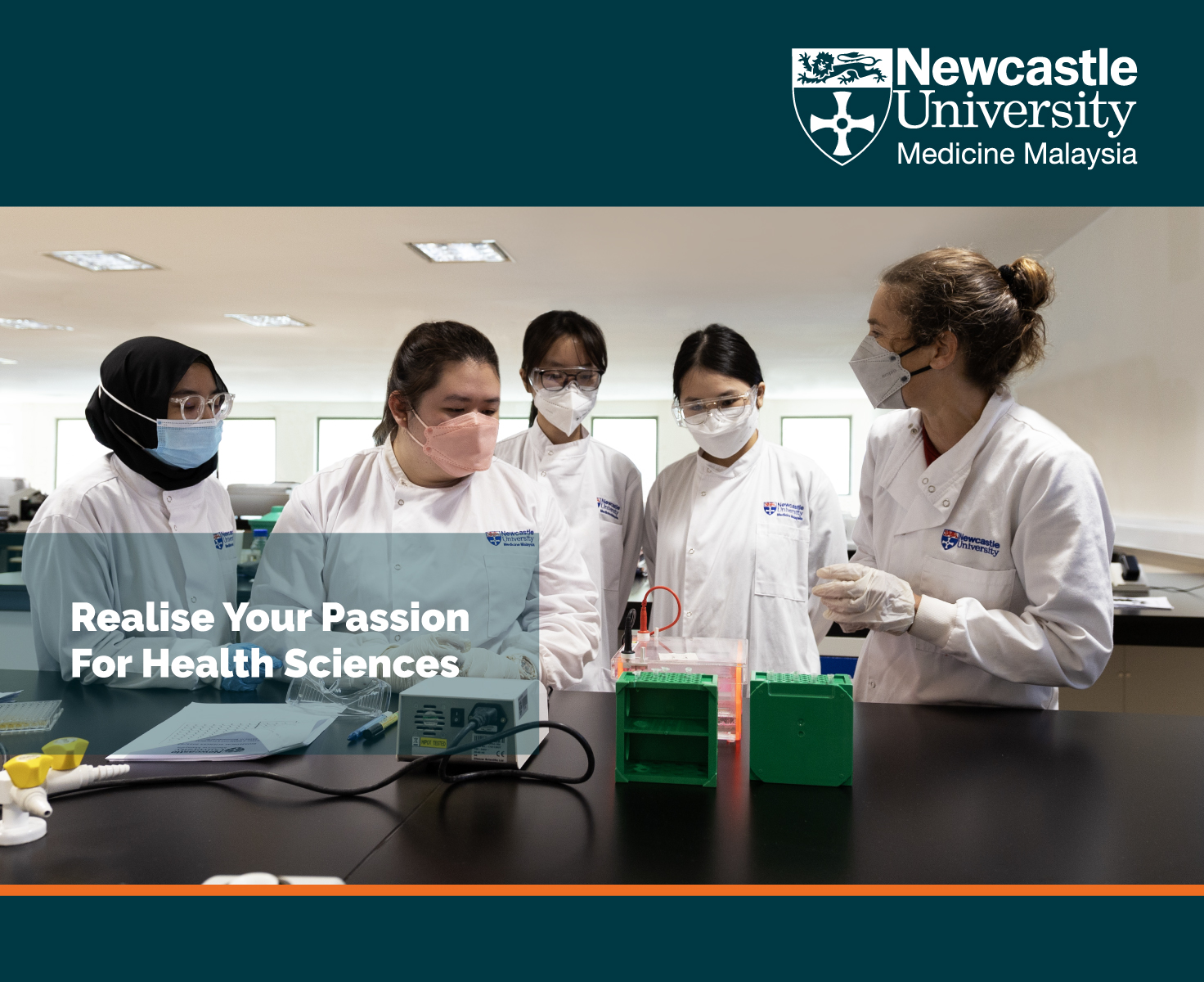
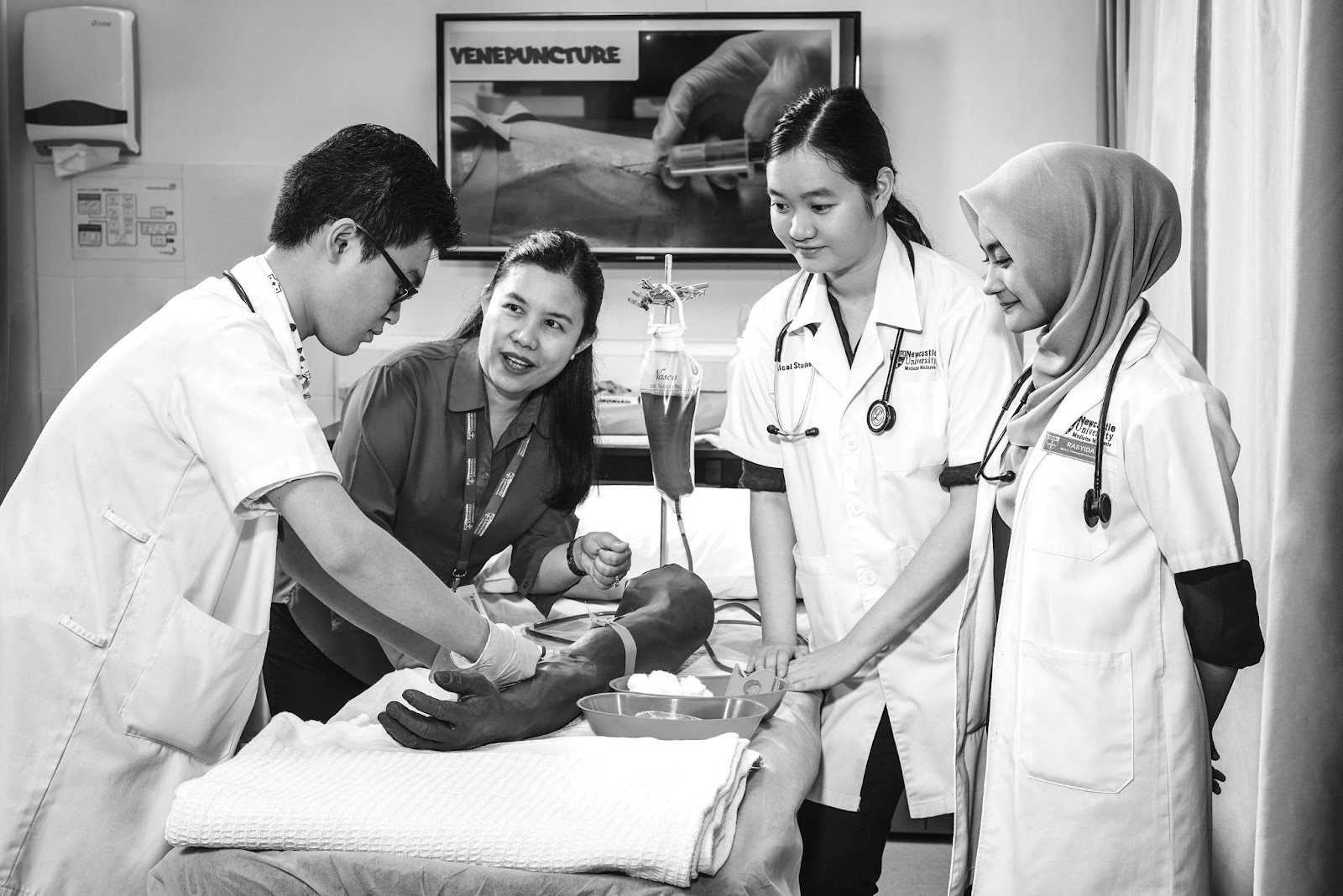

News from Institutions

